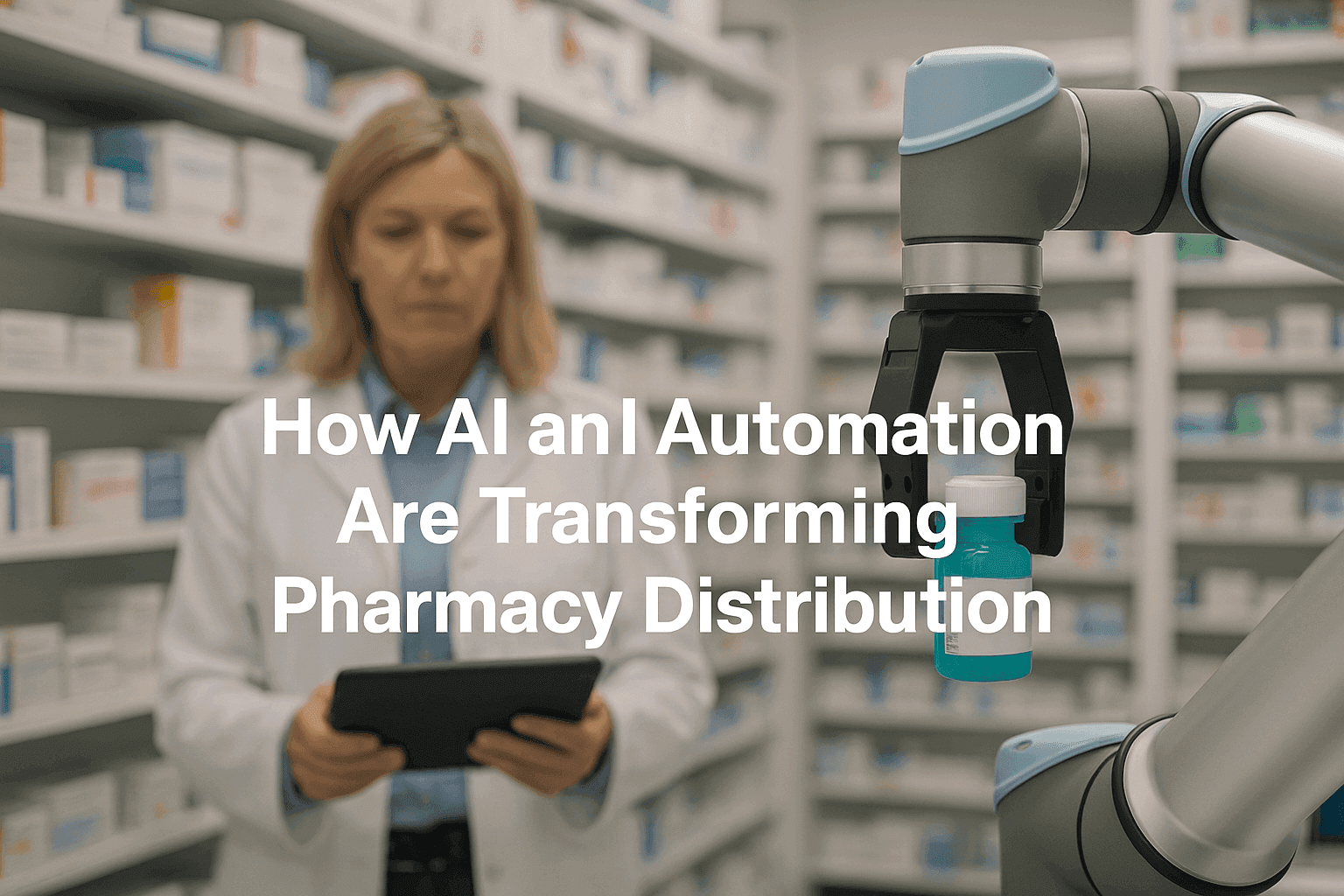Frequently Asked Questions (FAQ)
Q1: What role do pharmacy distributors play in Malaysia’s healthcare system?
Answer:
Pharmacy distributors—both independent and wholesale—act as intermediaries between manufacturers and pharmacies. They manage bulk purchasing, warehousing, and delivery of medicines, medical devices, and supplements, ensuring consistent supply across Malaysia’s urban and rural regions while maintaining compliance with Ministry of Health (MOH) standards.
Q2: What challenges do traditional pharmacy distribution models face?
Answer:
Conventional distribution methods often struggle with manual inefficiencies, limited supply chain visibility, inventory mismanagement, and delayed deliveries. These issues lead to higher operational costs and reduced responsiveness, especially during surges in healthcare demand.
Q3: How is Artificial Intelligence (AI) transforming pharmacy distribution in Malaysia?
Answer:
AI enhances demand forecasting by analyzing historical sales and seasonal data to predict stock needs accurately. It reduces waste from overstocking or expired products, automates inventory management, and improves decision-making for distributors managing complex supply networks.
Q4: What is the role of automation in pharmacy logistics?
Answer:
Automation—through robotic systems and smart conveyors—accelerates sorting, labeling, packaging, and delivery processes. It reduces human errors, lowers labor costs, and speeds up fulfillment times, allowing distributors to process large order volumes efficiently.
Q5: How do AI and automation improve supply chain transparency?
Answer:
AI-enabled systems provide real-time tracking of shipments, automated alerts for delays or temperature deviations, and digital monitoring of stock movements. This transparency ensures that sensitive pharmaceuticals are handled safely and reach pharmacies on time.
Q6: What are the main benefits of adopting AI and automation in pharmacy distribution?
Answer:
Key benefits include:
Faster order fulfillment and delivery
Improved inventory accuracy and reduced human error
Lower operational costs
Higher customer satisfaction through reliable, traceable service
Q7: Are there real-world examples of AI adoption in Malaysia’s pharmacy sector?
Answer:
Yes. A Kuala Lumpur-based distributor using AI forecasting tools reduced stockouts by 30%, while another wholesale distributor achieved 40% faster order fulfillment through robotic warehousing. These results highlight measurable improvements in efficiency and scalability.
Q8: What challenges come with implementing AI and automation?
Answer:
The main challenges include high initial setup costs, staff training requirements, and cybersecurity risks. However, long-term gains—such as operational savings, accuracy, and speed—far outweigh these early investments when managed strategically.
Q9: How will AI shape the future of Malaysia’s pharmacy distribution sector?
Answer:
AI will drive predictive analytics, blockchain-based transparency, and IoT-enabled delivery systems. Experts forecast fully automated warehouses and smarter logistics networks capable of adapting instantly to market and patient demands.
Q10: How can PriooCare Malaysia help pharmacy distributors adopt AI and automation?
Answer:
PriooCare Malaysia offers end-to-end distribution and operational solutions that integrate AI forecasting, automated inventory systems, and smart logistics. By combining technology with regulatory expertise, PriooCare helps distributors optimize performance, reduce costs, and future-proof their pharmacy operations.





